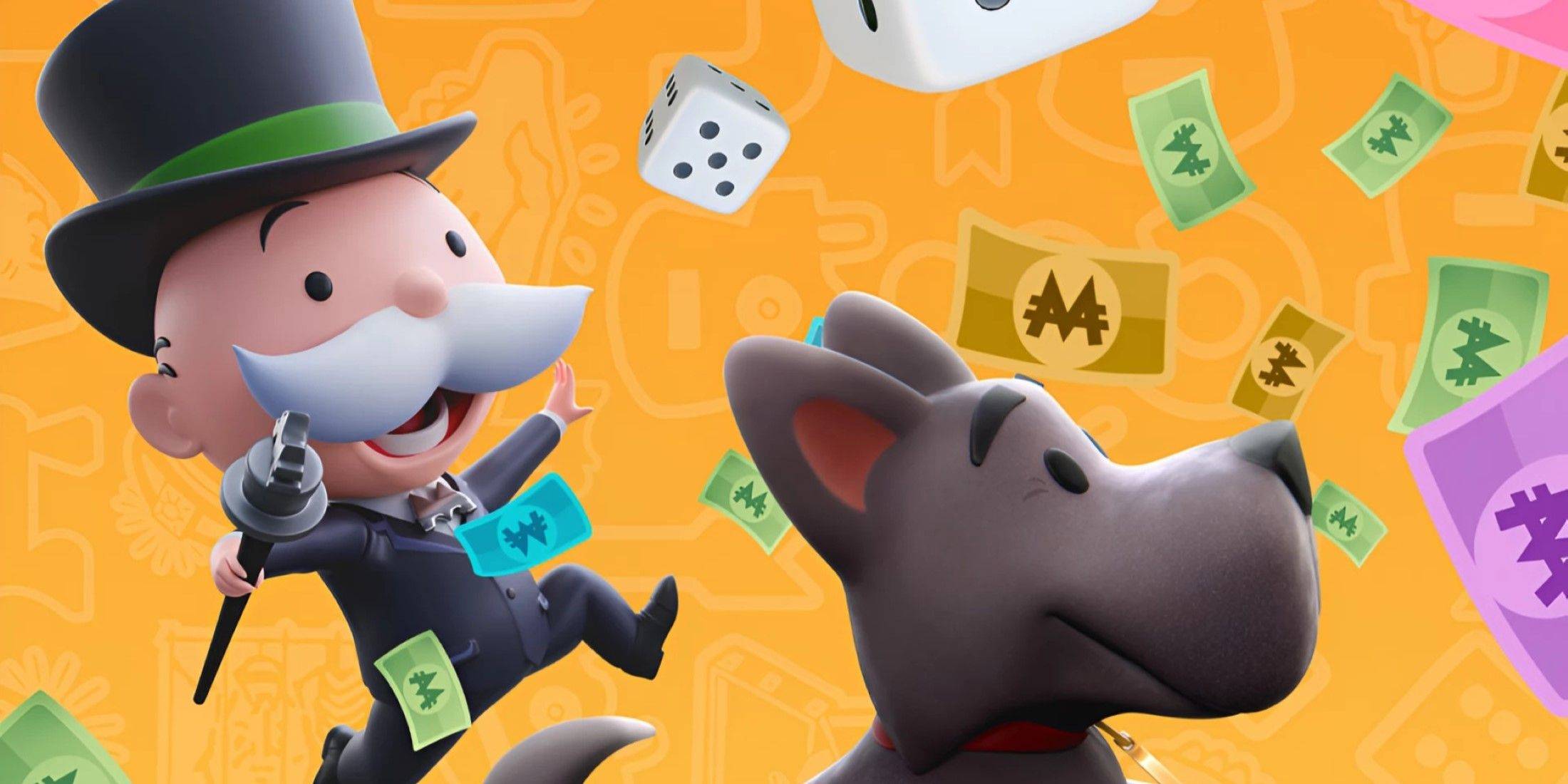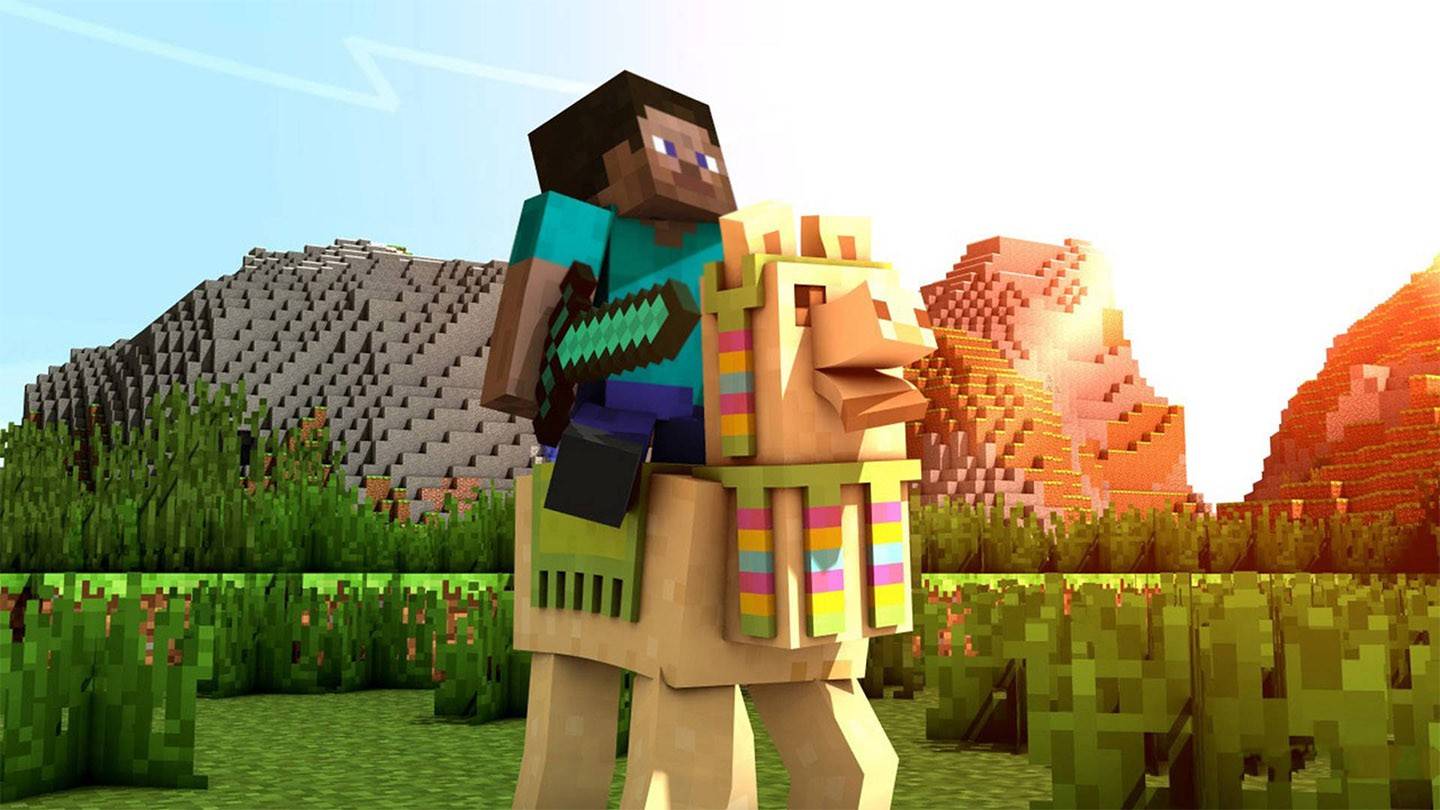
Summary
- A teenager's $25,000 Monopoly GO in-app purchase highlights the financial risks of microtransactions in free-to-play games.
- The incident underscores the ongoing controversy surrounding in-app purchases and their potential for excessive spending.
- Difficulty obtaining refunds for accidental purchases further emphasizes the financial dangers associated with games like Monopoly GO.
A shocking revelation emerged recently: a 17-year-old reportedly spent a staggering $25,000 on in-app purchases within Monopoly GO. While the game itself is free to download, its reliance on microtransactions for accelerated progress and rewards has led many players, including this teenager, down a path of significant and unintended spending. This case serves as a stark warning about the potential financial consequences of these often-addictive mechanics.
This isn't an isolated incident. Another user confessed to spending $1,000 before abandoning the game, highlighting the ease with which substantial sums can be accumulated through seemingly small in-app purchases. However, this pales in comparison to the $25,000 spent by the teenager, representing 368 separate transactions via the App Store, as reported by a Reddit user (since deleted). The post sought advice on recovering the funds, but unfortunately, many commenters pointed out that Monopoly GO's terms of service likely hold the user responsible for all purchases, regardless of intent. This isn't uncommon in the freemium gaming model; the success of games like Pokemon TCG Pocket, which raked in $208 million in its first month, is largely attributed to this very microtransaction strategy.
In-Game Microtransactions: A Persistent Controversy
The teenager's substantial expenditure isn't the first instance of in-game purchases drawing criticism. In 2023, an NBA 2K player initiated a class-action lawsuit against Take-Two Interactive over its microtransaction model, with a similar lawsuit settled the previous year. While this Monopoly GO case may not reach the courtroom, it adds to the growing body of evidence illustrating the frustration and financial harm caused by these practices.
The industry's heavy reliance on microtransactions is understandable; they generate substantial revenue—Diablo 4 players collectively spent over $150 million—and encourage incremental spending rather than large, upfront purchases. However, this very characteristic fuels the controversy. The often-subtle design of these systems can be misleading, leading players to spend far more than initially intended.
The Reddit user's predicament underscores the difficulty of obtaining refunds for accidental purchases. This serves as a cautionary tale for all players, emphasizing the potential for significant and unforeseen financial consequences when engaging with games employing aggressive microtransaction models like Monopoly GO.









